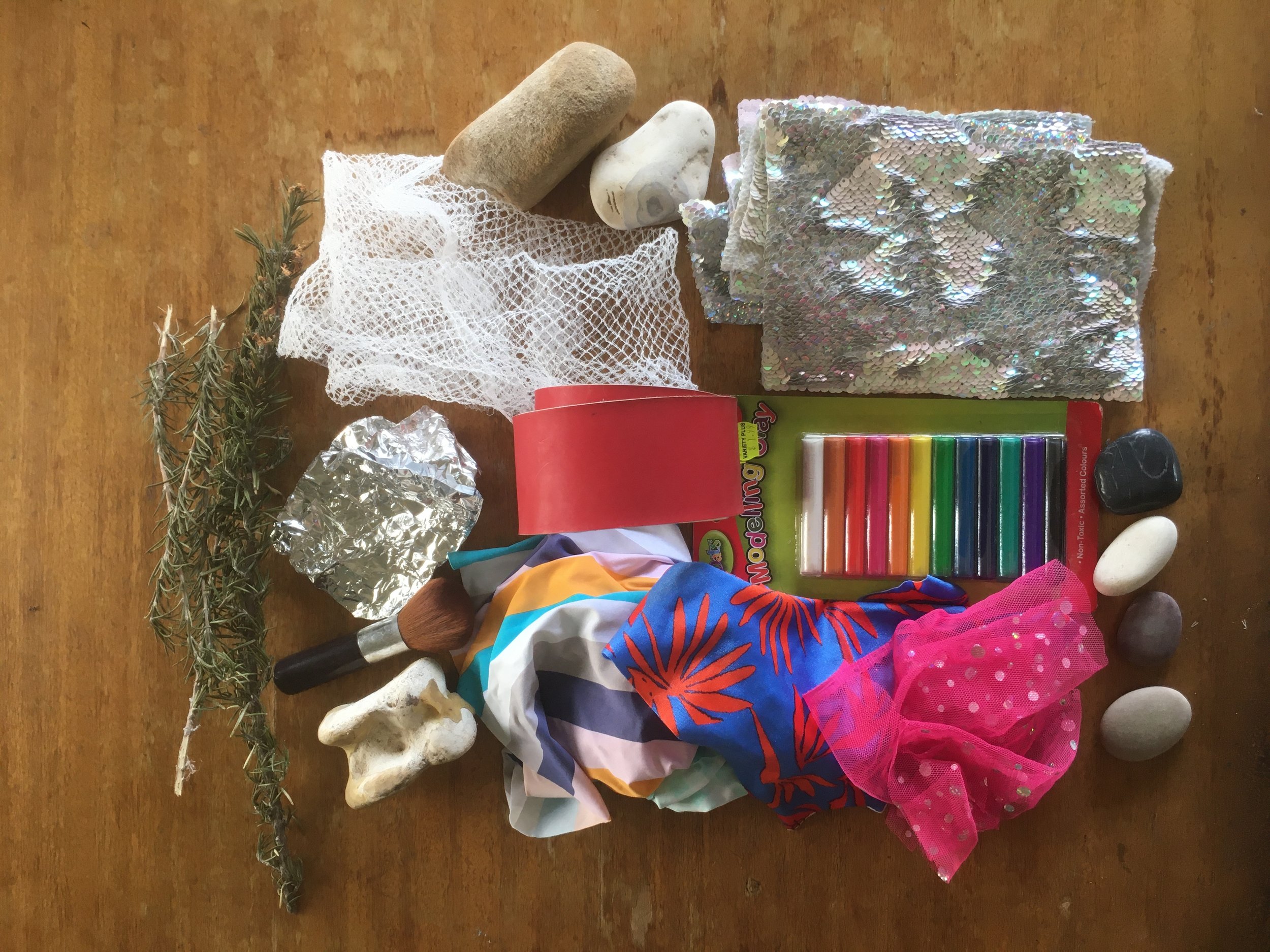Wildflowers offers a responsive play programme that can be individually tailored to help with any of the following :
Goals:
Developing Social Skills
Strengthening Emotional Regulation
Boosting Problem Solving
Encouraging Creative Thinking
Expanding Self-Expression and confidence
Making peer connections, learning how to play
Attention Deficit and Hyperactivity with learning & socialising
Autism Spectrum Conditions
Specific Learning Considerations
Externalised behaviours
Sensory barriers and environmental challenges
Bullying and Resilience concerns
Anxiety and Mental Health Concerns
Strengths-focused on developing independence
What will we do?
Interactive games
Role-play & storytelling
Creative arts & crafts
Mindfulness and emotional check-ins
Team-building activities
Why Choose Wildflowers?
Wildflowers will help overcome the obstacles encountered by neurodivergent children with inclusion at school & the broader community…
Poor behaviour can be seen as an obstacle to academic progress resulting in low-set expectations at school for neurodivergent children due to :
lack of focus on the process of behavioural change (Paterson et al., 2016).
teacher attitudes and perceptions about children’s behaviours vary with undergraduate training (Oglesby, 2018).
reactive policies & panic regarding different behaviours (Critcher, 2008) rather than research-informed, ethical & empathetic practices.
lack of awareness of environmental barriers and the importance of play interactions for children with sensory conditions (Kelly, 2023).
The importance of play as a learning tool is often overlooked at school.
When children are happy, there are improvements in both their behaviour and academic outcomes.
This fosters agency, well-being and greater autonomy.
Wildflower’s responsive play programme creates a space where play becomes the mutual communication tool that children can use to learn and develop new social, sensory and emotional coping skills to build relationships.

Wildflowers’ Positive Strategies for Success
Small-sized groups (4-6) to respond to individual behaviours
Calm, empathetic and positive approach.
Support, care, encourage and challenge children toward goals.
Increase salience of goals (interest-based/teacher reward-focused).
High-value rewards/tokens – both consistent and random.
De-escalation/safety for all – minimal verbal language (What are you feeling?)
Empathetic listening.
Waiting until calm for a response - (Do you need some time for yourself?)
Mindfulness - accept what’s happened without judging, let things go – distract and breathe (5 finger/box breathing).
Diversions - Choose a calming thing, sitting quietly, a fidget toy, a game, headphones, music, snack.
Benefits
Social & emotional learning skills that …
Target challenges and support strengths
Promote play skill development – physical, social & cognitive
Improve resilience and self-esteem
Create capacity building & independence
Decrease anxiety & stress
Improve self-regulation and coping skills
Manage anger and behaviour
Promote acceptance and tolerance
Learn to negotiate with others & in teams
Increase wellbeing through socialisation
Deliver improved academic outcomes
Assist engagement with the broader community
Promote positive opportunities for future mental health & wellbeing
